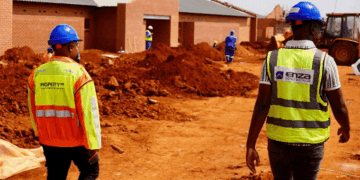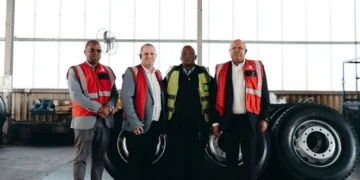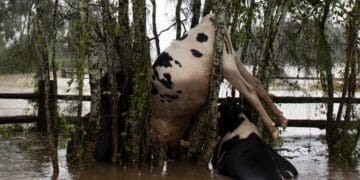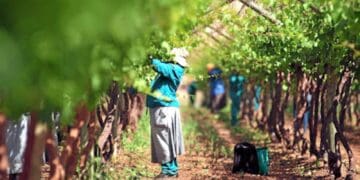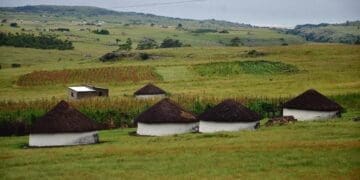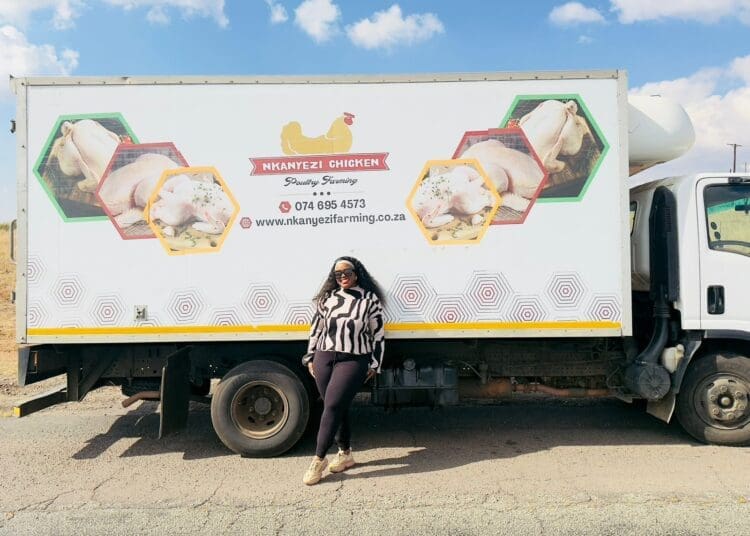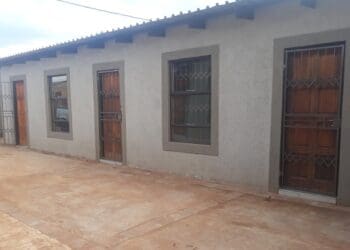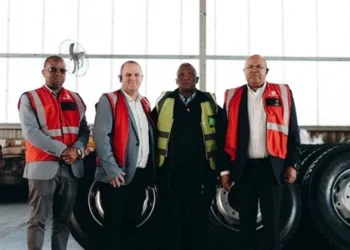In a sector where black women are still underrepresented, Lebohang Dhludhlu is supplying over 300 clients with chickens.
Her business, Nkanyezi Farming in eMalahleni has grown into a fully-fledged agri-enterprise supplying retail stores, local schools, daycare centres and individual resellers across Mpumalanga and Gauteng.
Born in Ekangala and now based in eMalahleni, Dhludhlu founded her company not out of passion, but necessity.
Although both she and her husband held steady jobs, their income could not support the life they wanted for their two children. They started the business in 2016 as a small side hustle with just 50 chickens.
“We slaughtered the chickens ourselves, plucked them by hand and packaged them with care,” Dhludhlu recalled.
That commitment to quality and consistency became her gateway into more formal markets. She secured land through the local tribal authority in Nhlazatshe and reinvested in operational capacity.
She expanded her customer base through direct pitches and fulfilling orders punctually, earning trust in a sector where delivery failures are common.
In February, chief director of agro-processing and forestry-based industries at the Department of Trade, Industry and Competition, Ncumisa Mcata-Mhlauli, confirmed that since the inception of phase one of the Poultry Master Plan, the industry has retained approximately 52,930 direct jobs, underscoring the critical role of the sector in bolstering employment and contributing to economic growth.
The portfolio committee on agriculture heard in September last year that the poultry industry had a total annual gross value of production of almost R72 billion in 2022, accounting for 17.1% of the total agricultural gross value.
Dhludhlu, who aims to be a big player in the sector, attributes her growth to staying humble and collaborative.
“I wasn’t greedy,” she said. “I chose to share opportunities and collaborate with other farmers instead of competing with them.”
That model of cooperative farming has allowed her to fulfil bulk orders without compromising quality or capacity, an approach that proves vital as large-scale buyers increasingly expect uninterrupted supply from small producers.
Her academic background also sets her apart.
Holding a master’s degree in Sustainable Agriculture, Dhludhlu has embedded climate resilience and financial sustainability into her business model.
Nkanyezii Farming uses organic waste as compost to cut logistics costs and works with natural feed additives to maintain animal health and reduce long-term veterinary and feed expenses. These practices not only minimise environmental impact, but boost cost-efficiency.
Dhludhlu currently employs over 50 people and is working towards a bold target of 1000 through expansions into crop farming, water supply, a fresh produce market, floriculture and spice production.
While some of these ventures are in development, she insists that diversifying the business is essential to absorbing seasonal risks and unlocking more value within the agricultural value chain.
Her growth has not gone unnoticed.
The Mpumalanga government has supported her journey through grants, sponsorships and mentorships, illustrating the catalytic role that public-private collaboration can play in SME development, particularly in rural economies.
“I want to help close the gap of unemployment by creating meaningful jobs,” she said. “This is not just about poultry; it’s about building a legacy.”





